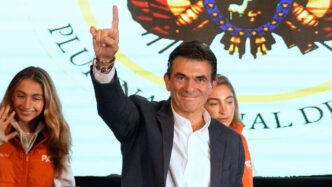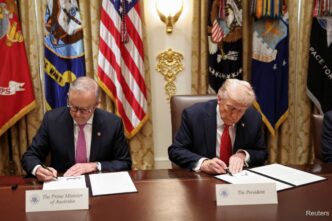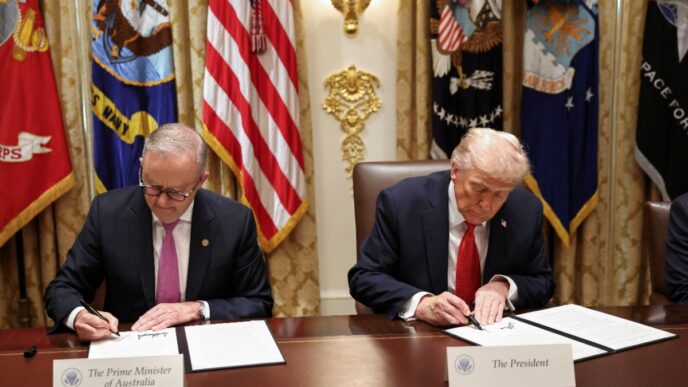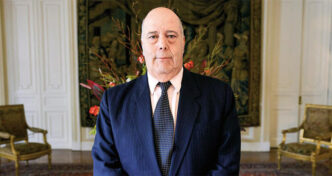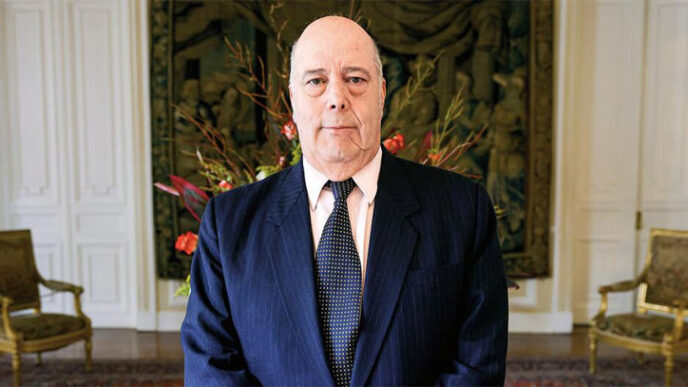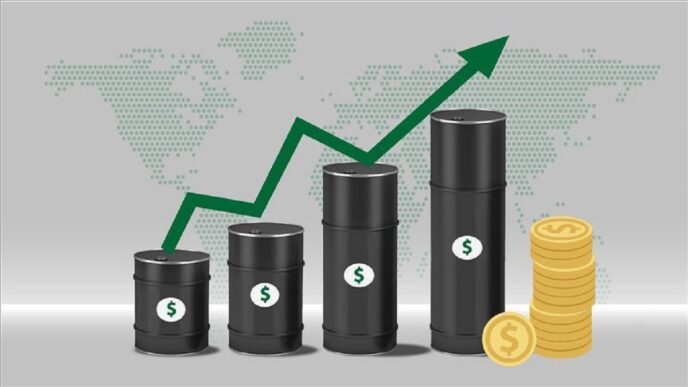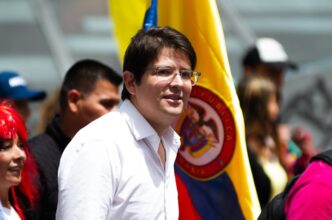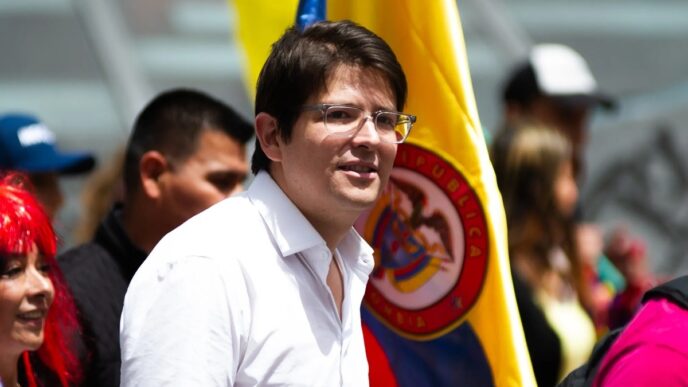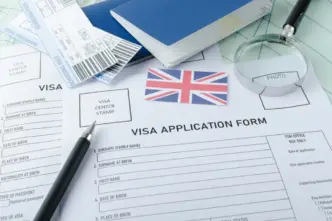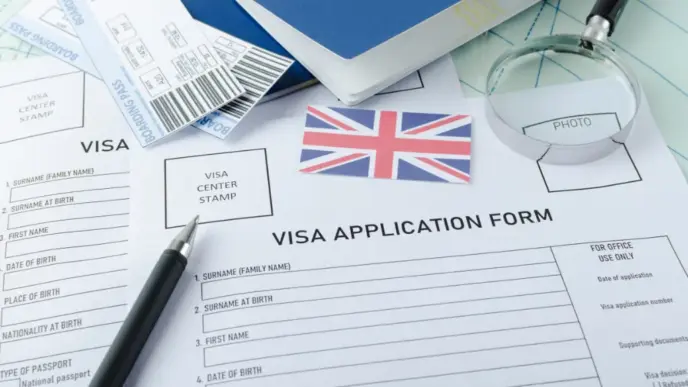Centrist politician Rodrigo Paz has won Bolivia’s presidential runoff election, defeating conservative contender Jorge “Tuto” Quiroga on Sunday. His victory ends nearly twenty years of leftist rule, as the nation grapples with its worst economic crisis in a generation.
According to preliminary results released by Bolivia’s electoral tribunal, Paz, a senator representing the Christian Democratic Party, secured 54.5% of the vote, while Quiroga received 45.5%. Despite his decisive win, Paz’s party lacks a legislative majority, meaning he will need to build coalitions in parliament to govern effectively.
The president-elect will assume office on November 8.
“We must open Bolivia to the world,” said Paz during his victory speech in La Paz, following Quiroga’s concession.
At 58, Paz’s triumph represents a major political shift for Bolivia, which has been dominated since 2006 by the Movement to Socialism (MAS) — a leftist party once widely supported by the country’s Indigenous population. His centrist message — combining commitments to preserve key social programmes with a push for private sector-led growth — struck a chord with voters frustrated by the ruling MAS but cautious of Quiroga’s proposed austerity agenda. Notably, Paz becomes the third member of his family to serve as Bolivia’s president.
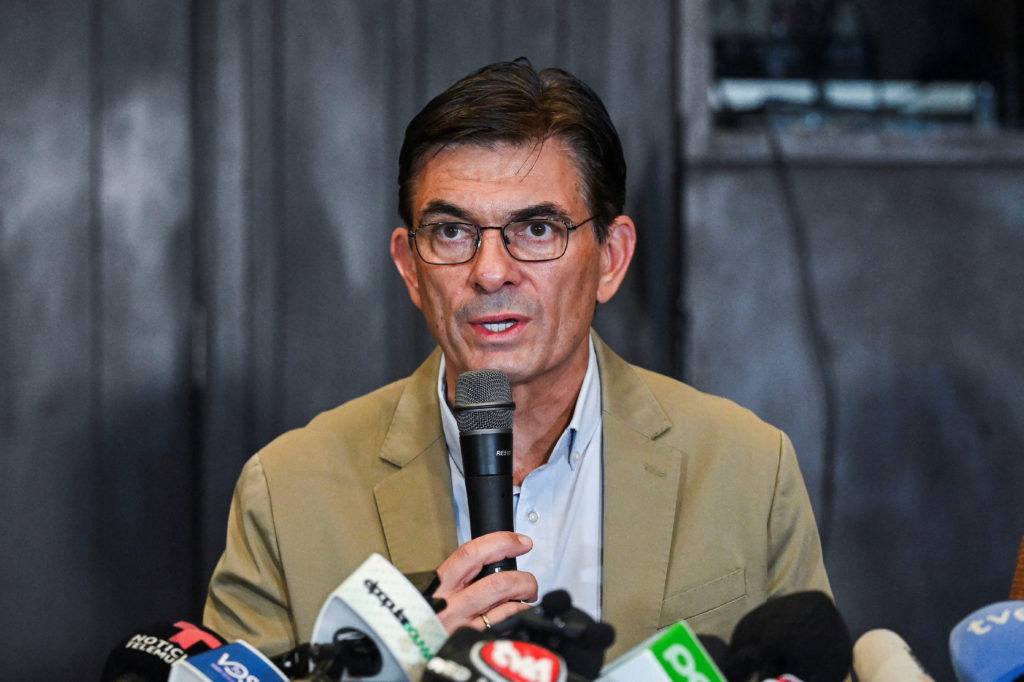
MAS’s support collapsed in the August first-round election, amid mounting public anger over the deepening economic downturn.
“This election marks a political turning point,” said Glaeldys Gonzalez Calanche, an analyst for the Southern Andes at International Crisis Group. “Bolivia is heading in a new direction,” she added.
Both runoff candidates vowed to repair ties with Washington, which have been strained since 2009, and to seek U.S.-backed financial aid to stabilise Bolivia’s fragile economy. In late September, Paz revealed plans for a $1.5 billion economic cooperation agreement with U.S. officials aimed at securing fuel supplies.
U.S. Secretary of State Marco Rubio praised the outcome, noting that both candidates “want stronger, better relations with the United States,” following decades of tense, anti-American leadership. “This election is a transformative opportunity,” he said on October 15.
Outside a polling station in La Paz, voter Lourdes Mendoza expressed relief at the political change. “My children were born and raised with a single government,” she said. “I hope they can see other possibilities and alternatives.”


 Trending
Trending 
